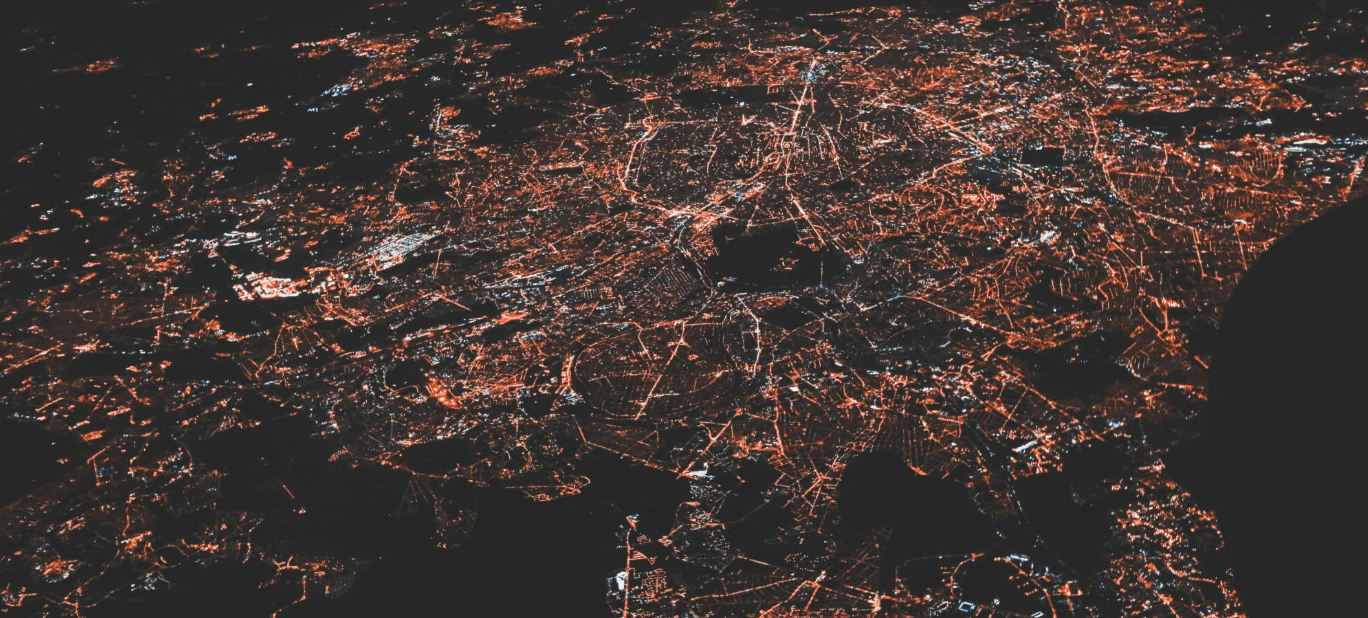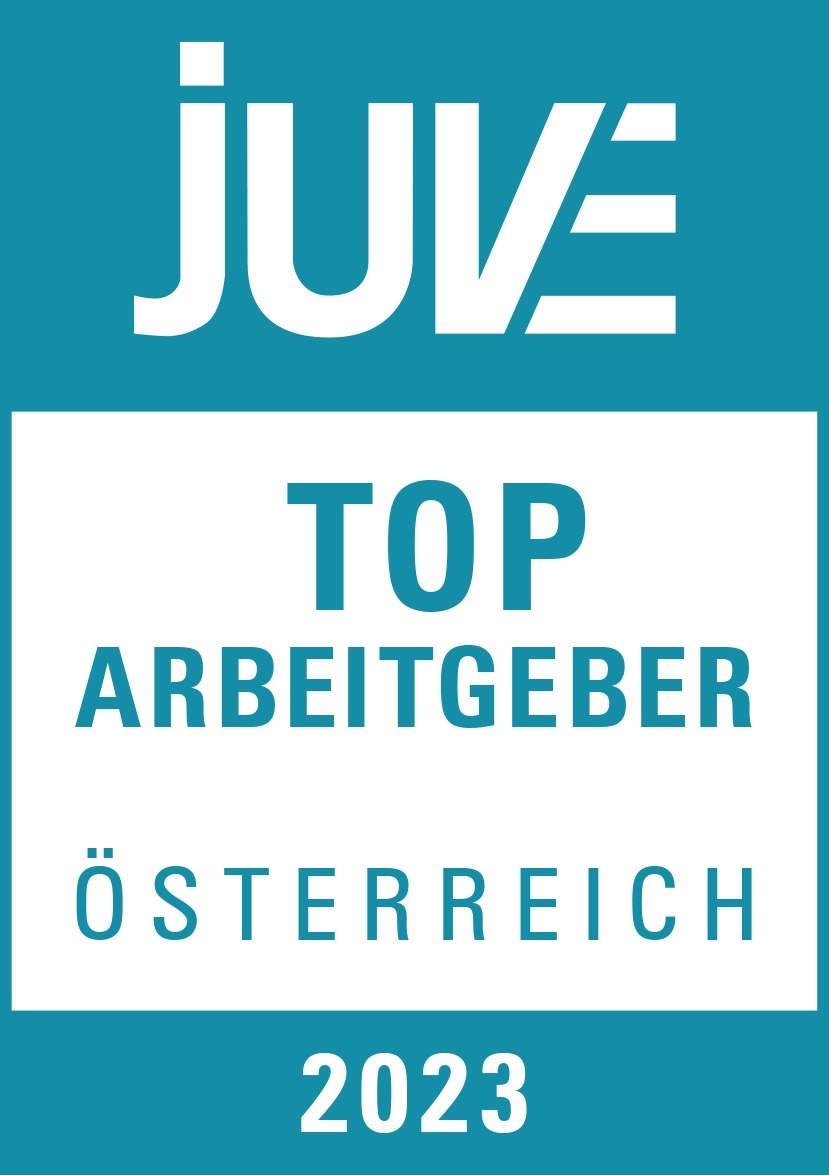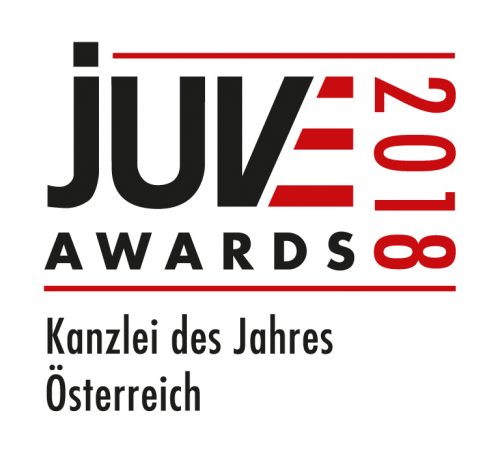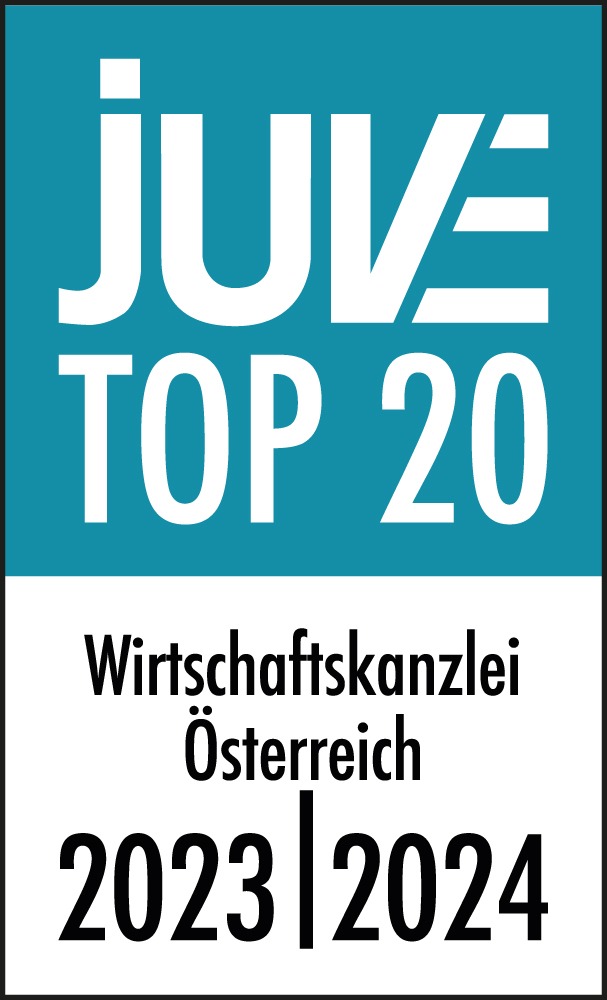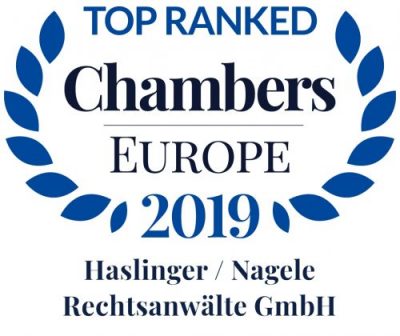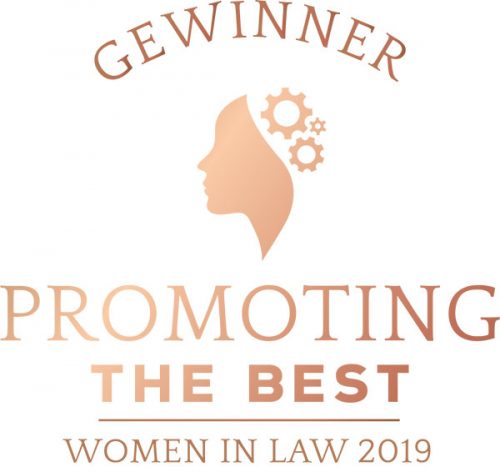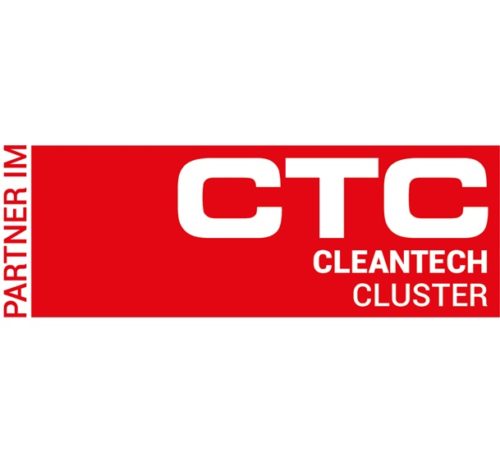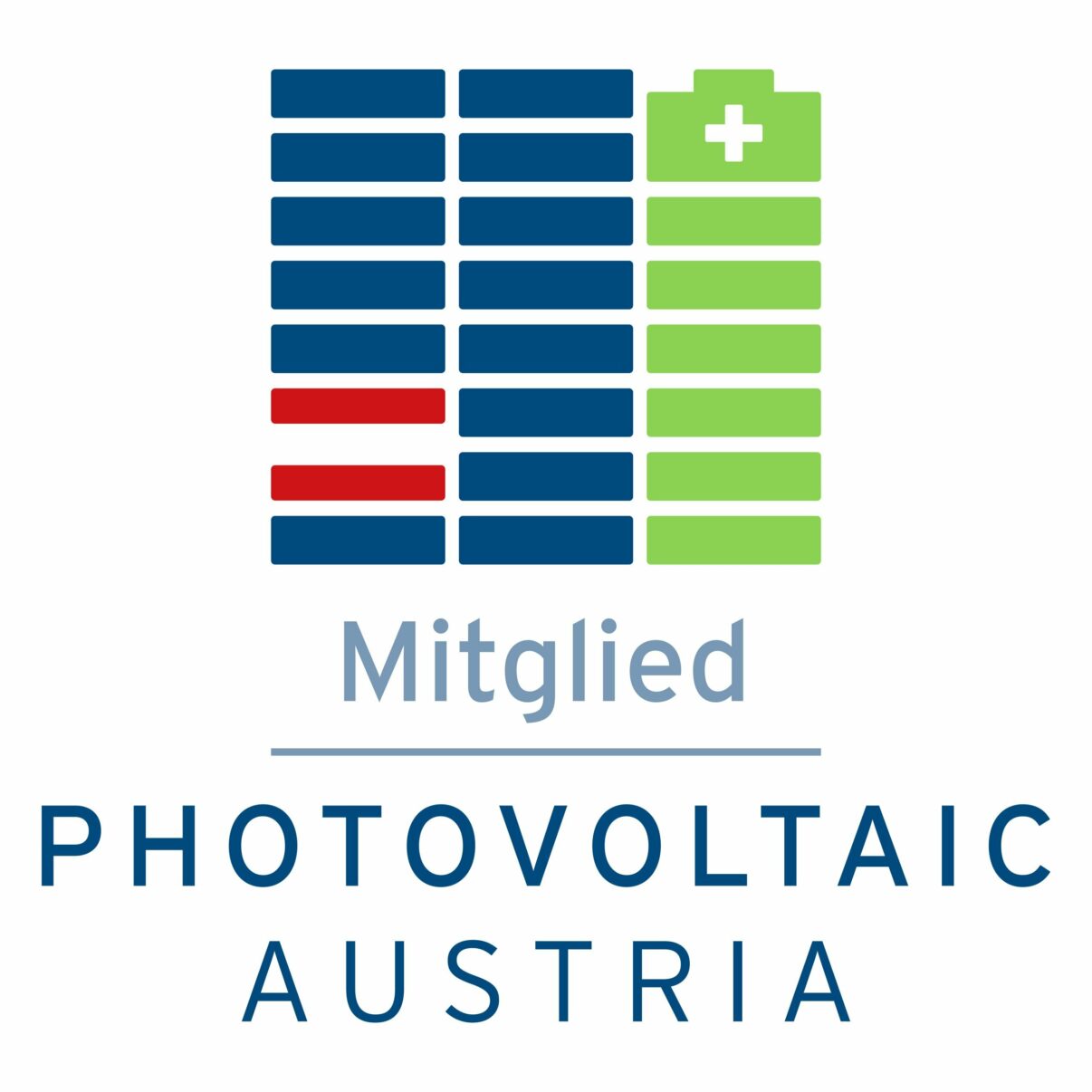Finally here: The draft version of the new Electricity Industry Act (EIWG)
The new Electricity Industry Act (draft version, as of January 12th, 2024) is not a mere amendment, but rather turns the system of electricity regulation upside down – also under EU law requirements. This becomes evident when looking at the structure of the new law:
- Customer rights and consumer protection provisions can now be found right at the beginning of the law (sections 18 et seq. ElWG draft).
- Decentralized supply and community energy receive a separate section that contains regulations on direct lines, peer-to-peer contracts, and energy communities (sections 48 et seq. ElWG draft).
- Energy storage is regulated in a separate section.
- Grid operation, system usage fees, and the principles of cost and quantity determination are now located further back in the law along with regulations on grid security and the unbundling of grid operators.
Key points
The legislator has also made major changes in terms of content, which we will describe in more detail below.
“… the rights of consumers are strengthened and their active participation in the energy market is promoted. The … possibility of generating, consuming or selling energy decentrally in energy communities will be expanded by the introduction of the “self-supplier,” who can also sell self-generated electricity from renewable sources to end customers via peer-to-peer contracts.”
From the materials
The following changes are particularly relevant in practice:
- The legal definitions have been expanded and adapted: For example, the term aggregator now appears for the first time (note the right to an aggregation contract). The term system admission, however, is no longer used; instead, reference is being made uniformly to grid connection.
- The provisions on control areas and balance groups are being adapted.
- Comprehensive expansion of customer rights: Among other things, comprehensive new regulations on smart meters are being introduced.
- The scope of application of direct lines is being expanded.
- Self-suppliers and peer-to-peer contracts are being regulated. This means that electricity can also be traded in neighborhood relationships, even outside of energy communities. Peer-to-peer contracts may only be concluded in addition to a regular supply contract.
- The participation of “excess feed-in plants” in energy communities is simplified and other regulations are adapted to practical requirements.
- The general terms and conditions for the distribution system are now being drawn up by the regulatory authority.
- The grid connection is subject to more detailed regulations, for example, regarding the grid connection point and grid level. The obligation to connect is also being expanded (storage facilities).
- The option of flexible system access is being introduced to facilitate the grid connection of new green electricity systems, especially PV systems.
- Virtual metering points are now explicitly provided for by law.
- For the first time and finally, the “closed distribution system” is regulated by law (in particular electricity grids in industrial and commercial parks).
A milestone?
Indeed, a big success has been achieved. The draft law promotes new and innovative approaches to energy supply without throwing the existing system overboard. In doing so, the legislator is steering the transformation of the energy system into regulated channels. The ElWG undoubtedly has the potential to become a legislative milestone. It remains to be seen what changes the further parliamentary process will bring.
The expert team of the 360° Renewable Energy practice group is available to answer any further questions you may have on this topic.
Further articles on the ElWG can be found on the 360° Renewable Energy website.
Disclaimer
This article is for general information only and does not replace legal advice. Haslinger / Nagele Rechtsanwälte GmbH assumes no liability for the content and correctness of this article.
16. January 2024
Go back to News
